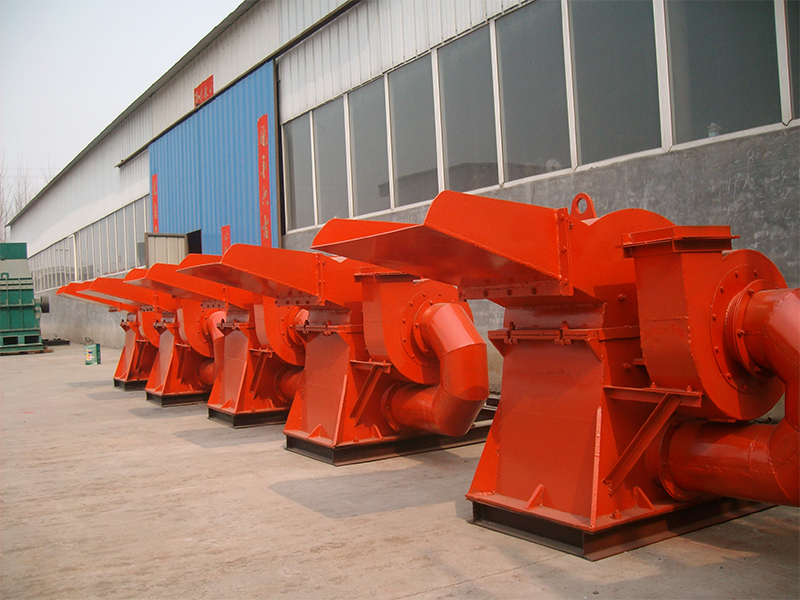Mail: htcrusher@hamachine.com
Telephone: 008618838076345
Links: YOUTUBE TWITTER FACEBOOK

Introduction
The construction industry is a vital sector that drives economic growth and development in many countries, including Palestine. One of the essential components of this industry is cement, which is primarily made from cement clinker. The production of cement clinker requires a significant amount of energy and resources, making it an expensive process. However, recent advancements in technology have led to the introduction of new methods for treating cement clinker, such as the use of dry and wet wood crushers. This article explores the application of these machines in Palestine and their potential benefits for the local construction industry.
Cement Clinker Treatment Methods
Traditionally, cement clinker treatment involves grinding the material into a fine powder using ball mills or vertical roller mills. These methods are effective but can be energy-intensive and time-consuming. In recent years, alternative methods such as dry and wet wood crushers have gained popularity due to their efficiency and cost-effectiveness.
Dry Wood Crushers
Dry wood crushers are designed to crush dry materials such as wood chips, branches, and other biomass waste. They work by feeding the material into a rotating drum with sharp blades that shred the material into small pieces. The resulting product is then used as fuel in cement kilns, reducing the need for fossil fuels and lowering greenhouse gas emissions.
Wet Wood Crushers
Wet wood crushers, on the other hand, are designed to process wet materials such as green wood, leaves, and other organic waste. They work by compressing the material between two rotating drums with teeth or spikes, tearing it apart into smaller pieces. The resulting product can also be used as fuel in cement kilns, providing an environmentally friendly alternative to traditional fossil fuels.

Application of Dry and Wet Wood Crushers in Palestine
In Palestine, the use of dry and wet wood crushers has become increasingly popular due to their ability to reduce costs and improve efficiency in cement clinker treatment. Many local companies have started using these machines to process waste materials and generate renewable energy sources for their cement kilns.
One example of this is the Palestinian Cement Company (PCC), which has implemented a wood waste management system that includes both dry and wet wood crushers. The company collects wood waste from various sources, including sawmills and pruning activities, and processes it using the crushers. The resulting wood chips and pellets are then used as fuel in PCC's cement kilns, reducing the company's reliance on fossil fuels and lowering its carbon footprint.
Benefits of Using Dry and Wet Wood Crushers in Palestine
The use of dry and wet wood crushers in Palestine offers several benefits for the local construction industry. Firstly, it provides an environmentally friendly alternative to traditional fossil fuels, reducing greenhouse gas emissions and promoting sustainable development. Secondly, it helps reduce costs associated with cement clinker treatment by utilizing waste materials that would otherwise be discarded as rubbish. Finally, it creates job opportunities for local communities involved in collecting and processing waste materials, contributing to social development in the region.
Conclusion
In conclusion, the application of dry and wet wood crushers in Palestine represents a new choice for cement clinker treatment that offers numerous benefits for the local construction industry. By utilizing waste materials and generating renewable energy sources, these machines help reduce costs, promote sustainability, and create job opportunities for local communities. As more companies adopt this technology, we can expect to see further improvements in efficiency and environmental performance within the Palestinian construction sector.
Copyright © hengtong machinery Privacy Policy